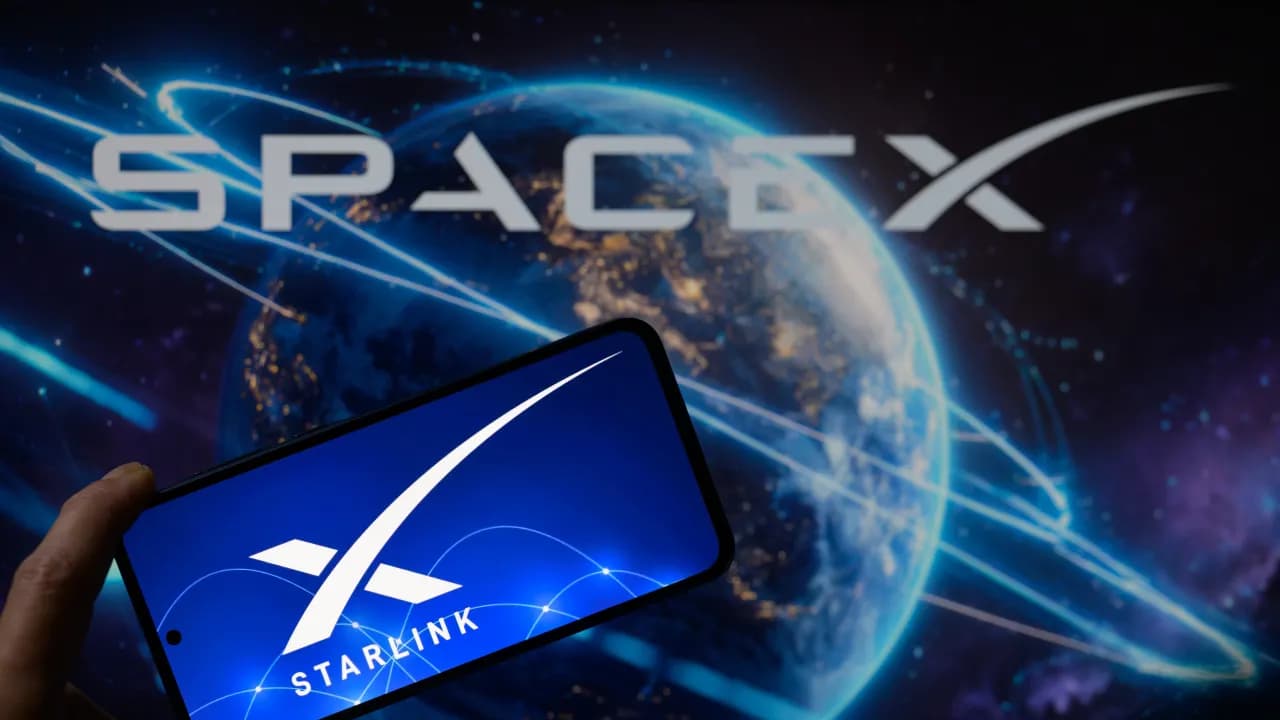Virginia chose the Elon Musk-headed company for only 5,579 of the total 133,000 locations selected for subsidized broadband installations.
SpaceX warned on Wednesday that Virginia is planning to spend over ten times what was required for its proposed high-speed internet access program by not sharing a large chunk of the incentives for Starlink.
In a letter addressed to the Virginia Department of Housing and Community Development, SpaceX said that the final proposal for the program was a “massive waste of federal taxpayer money,” before noting that SpaceX could have served virtually every eligible household at $60 million, compared with the $613 million in expenditure proposed by the Commonwealth.
“Simply put, Virginia has put its heavy thumb on the scale in favor of expensive, slow-to-build fiber bias over speedy, low-cost, and technology-neutral competition,” SpaceX wrote in the latter as Virginia chose the Elon Musk-headed company for only 5,579 of the total 133,000 locations selected for subsidized broadband installations.
The program at the center of the controversy is called the Broadband Equity Access and Deployment (BEAD), an $42.5 billion initiative of the Biden administration to enhance internet access for Americans across the country. The Trump administration tweaked the program to shift from fibre-based broadband to ‘technology neutrality’ and paved the way for satellite broadband providers such as Starlink and fixed wireless service providers.
Retail sentiment on Stocktwits about AST SpaceMobile (ASTS), another satellite broadband provider, was in the ‘bullish’ territory at the time of writing.
SpaceX further alleged that, according to Virginia’s current plan, Starlink will receive $3.2 million in funding, which translates to approximately $584 per site, while faster fiber installations can cost around $6,000 to $8,000 per site. The company said that Virginia “failed to observe technology neutrality,” before adding that Starlink could provide faster broadband and “at one-tenth of the cost.”
According to Virginia’s proposal, the state factored in several factors, including the capability to provide high-speed broadband under heavy tree cover, which could have contributed to the decision. Starlink, however, upgraded its system recently to provide better coverage under tree cover.
The final decision will be made by the Commerce Ministry, which will approve the funding.
“These efforts will not delay BEAD households from receiving much-needed connectivity but will accelerate the program by prioritizing lowest-cost awards to providers like SpaceX that are already deployed and are ready to enroll customers tomorrow, instead of waiting years for terrestrial deployments to materialize,” the company said.
For updates and corrections, email newsroom[at]stocktwits[dot]com.<
